The Simpsons is a cultural behemoth. Ever since airing its first episodes in 1989, it’s been unstoppable. It’s everywhere – TV, cinema, video games, board games, puzzles, and beyond.
It’s been on TV for what feels like centuries, ushered in whole new words to the English lexicon, and become so large it’s hard to remember a time when it didn’t exist.
Now, we’re celebrating ten of the best episodes of The Simpsons to have ever aired.
“Cape Feare”

The opening episode to the best season of The Simpsons (do not @ me), “Cape Feare” marked an erratic return to Kelsey Grammer’s Sideshow Bob.
After getting freed on parole from prison, Bob plots his sweet revenge on Bart who put him in jail twice before. The Simpsons family are put into witness protection following threats from Bob against Bart, which causes them to move to the aptly-named Cape Feare (a reference to the 1962 film Cape Fear and its 1991 remake).
It’s thrilling, it’s smart, it’s funny, and it stars Kelsey Grammer. All are very big green ticks in favor.
Lawyer: What about that tattoo on your chest? Doesn’t it say “DIE BART DIE”?
Sideshow Bob: No that’s German for “The, Bart the.”
Parole Officer: No one who speaks German can be an evil man.
“Marge vs the Monorail”
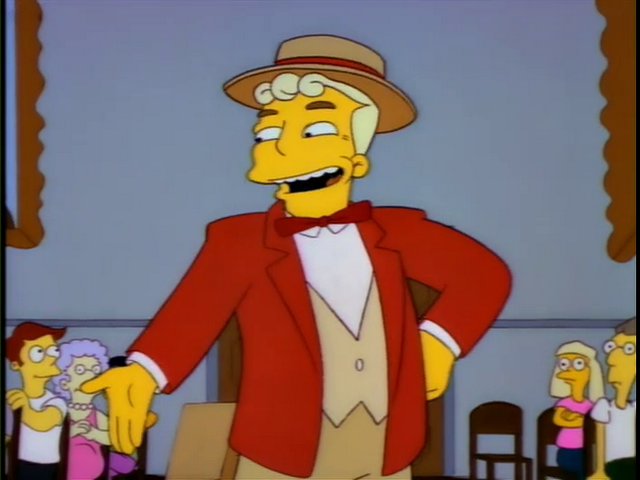
“Marge vs the Monorail” was deemed to be one of the poorest episodes by the cast and crew for a very long time, but has since become a fan favorite. The outlandish plot and extremely earworm-y “monorail” song ended up being a watershed moment for the series, jumping out of its comfort zone.
With Phil Hartman as Lyle Lanley, you immediately get a powerful force to drive you through, and Lanley’s song is possibly the best musical number in the entire series.
Consider that the episode’s impact on the show’s cultural stranglehold was so large, that The Monorail Society released a statement condemning it, writing that it “attacks and discredits monorail technology.”
Apu: Is there a chance the track could bend?
Lyle Lanley: Not on your life my Hindu friend!
“Rosebud”
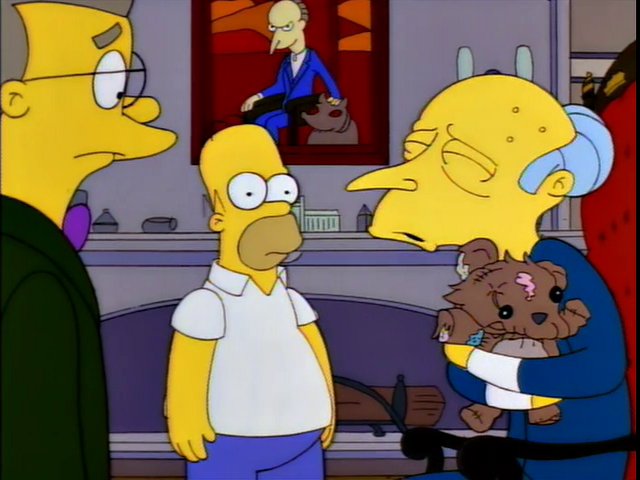
It might be a 22-minute tribute to Orson Welles’ Citizen Kane, but “Rosebud” is also one of the best versions of the tragedy out there. Mr. Burns’ insatiable need to get his bear Bobo back allows for some of the best moments for Homer and Maggie’s relationship.
Homer, as is often the case in good Simpsons episodes, loves his family dearly and, when offered a large amount of money to give Burns his bear back after Maggie had found it, he rejects it after seeing the joy Maggie feels.
Had this episode aired 10 years later, he would’ve sold it straight away and the episode would’ve become about how he spends the money. But it isn’t — It’s peak Simpsons, with one of the most memorable Mr. Burns character arcs.
Mr. Burns: “Oh Bobo, what does the future hold for us?”
“Lisa’s Substitute”
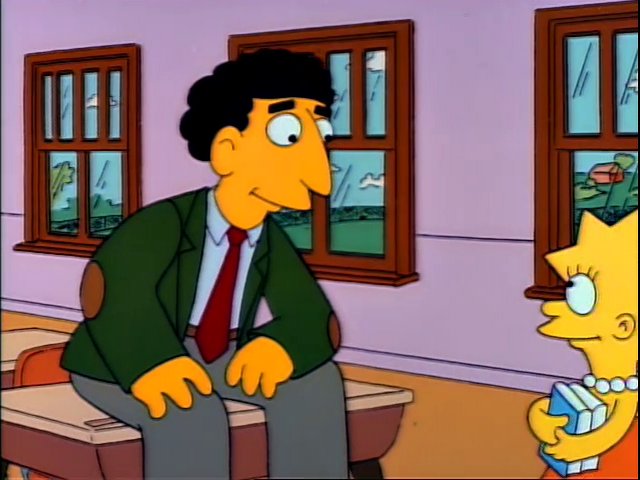
The first-ever true “Lisa” episode in the series, “Lisa’s Substitute” focuses on her relationships with male role models, especially her dad.
As a new substitute teacher arrives to take over her class, Mr. Bergstrom, she finally feels valued and that she knows what she’s capable of. Lisa is truly in her element, so when Bergstrom’s term ends – she is lost.
Her final scene with Homer, after she had previously blown up at him, is one of the most heartfelt moments in the entire 32 seasons the show has been on the air. Never a dry eye.
Mr. Bergstrom: “You are Lisa Simpson”
“Homer at the Bat”
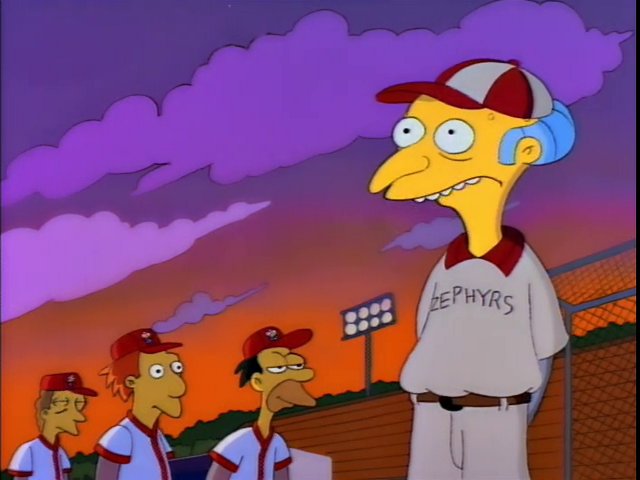
Who would have actually thought softball and The Simpsons would be a perfect fit? It’s an ultimate underdog sports story wrapped up in an absurdist layer of comedy, while still keeping this notion of realism.
“Homer at the Bat” is responsible for so many great, highly memorable moments. The gigantism, the Springfield Mystery Zone, and “shave your sideburns”, among other nuggets of gold. This is “smaller” Simpsons at its best.
Mr: Burns: “Smithers, there’s no way I can lose this bet. Unless of course my nine all stars fall victim to nine separate misfortunes and are unable to play tomorrow but that will never happen. Three misfortunes, that’s possible. Seven misfortunes, there’s an outside chance. But nine misfortunes, I’d like to see that.”
“Mysterious Voyage of Homer”
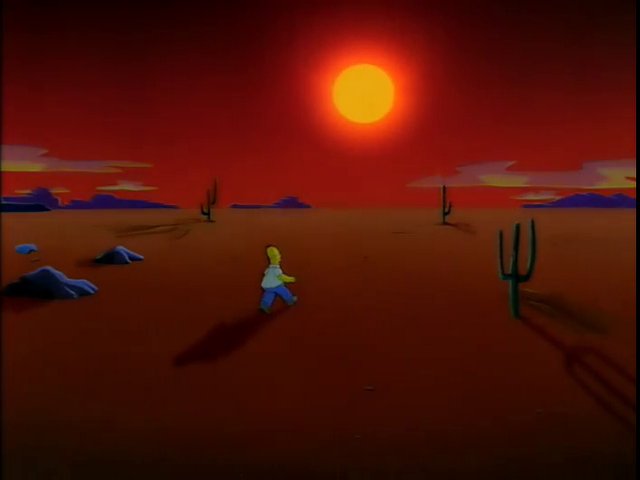
A real flex of the muscle by the animators, working terrifically in conjunction with the writers, “Mysterious Voyage of Homer” is brilliant. It’s visually dynamic and unique, while still having a great emotional core and keeping its funny bone.
Guest-starring Johnny Cash as the talking coyote Homer sees in his visions after eating a hot chili, the episode explores the idea of soulmates. Who is Homer’s soulmate? Is it really Marge? Is it one of his friends?
Well obviously, it’s Marge – but it’s all about his mysterious voyage.
Coyote: There is a lesson you must learn.
Homer: If it’s about laying off the insanity peppers, I’m way ahead of you.
“$pringfield”
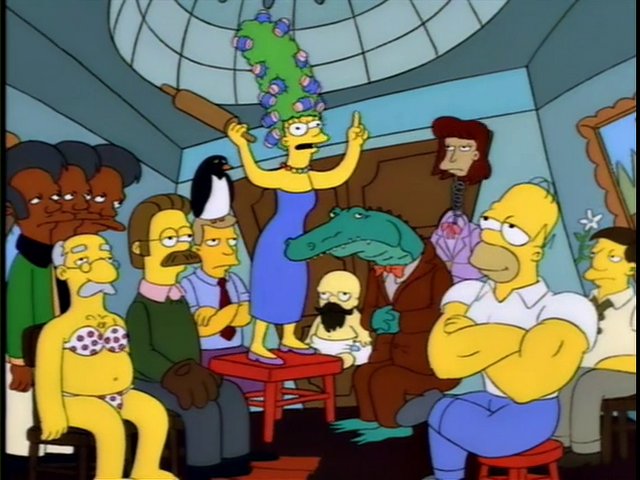
In order to get the economy back on track in Springfield, Mayor Quimby makes gambling legal. Mr. Burns builds a casino, and Marge gets addicted to gambling. Straightforward, but “$pringfield” delivers some of the series’ most memorable moments.
The obscure subplot of Mr. Burns, meant to parody the latter years of Howard Hughes is a particular highlight. Burns becomes a reclusive germophobe, watching the casino floors from CCTV inside his room, fingernails as long as his beard.
Chuck in the advents of Gamblor, ‘FLOREDA’ and the Spruce Moose, and you’ve got one of the all-time greats.
Kent Brockman: Things aren’t as happy as they used to be down here at the unemployment office. Joblessness is no longer just for philosophy majors. Useful people are starting to feel the pinch.
“Itchy & Scratchyland”
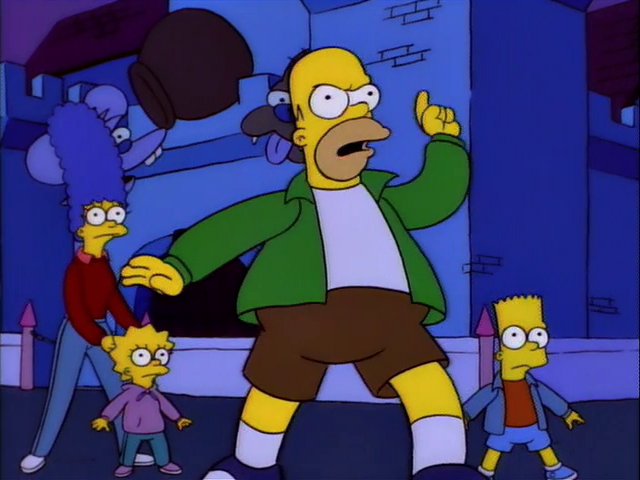
If “Marge vs. The Monorail” was a tad outlandish, then “Itchy & Scratchyland” is beyond the Andromeda galaxy.
Everything about this episode is as chaotic as it is brilliant. The very real Marge subtext of her wanting the family to have a perfect holiday that brings them together, mixed in with this Westworld tribute is astonishingly done.
The look and feel of the titular location are immensely interesting, and a great parody of Disneyland and Legoland (or should we say, Blockoland?)
The quasi-brownshirts who run security for the park, the Bort license plates, it’s all so good.
Marge: Can’t we go anywhere without this family being associated with trouble? I have nothing to say to you.
Homer: But Marge, I was a political prisoner!
Marge: How were you a political prisoner?
Homer: I kicked a giant mouse in the butt! Do I have to draw you a diagram?
“You Only Move Twice”

Featuring one of the greatest one-off characters in the show’s history, “You Only Move Twice” sees Homer uproot the family and move them to Cypress Lake to begin a new role as a nuclear technician manager.
He finds more freedom than ever, finally feeling valued at work by his Bond villain-esque boss Hank Scorpio, but faces a deeper struggle of knowing his wife and kids aren’t finding their own fulfillment. Lisa is hyper allergic to the area, Bart is placed in a special needs class, and Marge finds herself so bored by how perfect her life is she turns to day-drinking.
The sacrifice made by Homer to return to Springfield is a key moment in understanding his character, which has been very much bastardized in the many seasons since. He loves his family, he’ll endure horrible things and a crap job if it means his family is happy. He drops what is essentially a dream job for them, and it’s what makes him so lovable to audiences.
Homer: Mr. Scorpio says productivity is up 2%, and it’s all because of my motivational techniques, like donuts and the possibility of more donuts to come.
“Itchy & Scratchy & Poochie Show”

After 167 episodes, The Simpsons truly went meta with this episode. A large statement on the show and franchise itself, and the ever-changing dynamics of TV in the 1990s.
As best expressed by Lisa, the characters have lost their way in the show as they’ve become too familiar after being on air too long. The TV executives believe the best way back into the TV sets is to introduce a new, very radical, very 90’s character — Poochie.
The production and backstory to this episode warrant a story in of itself, with a lot of it stemming from the cultural perception of the show going from edgy to mainstream. The most fascinating element of this episode, that pushes it beyond a “Homer gets a job” episode, is that it does actually say something about the fickleness of media executives.
Years down the line though, the jokes about Itchy and Scratchy going on too long and losing their effectiveness do become immensely ironic, as The Simpsons nears its 34th season.
Network Executive Lady: Oh, God, yes. We’re talking about a totally outrageous paradigm.
George Meyer: Excuse me, but “proactive” and “paradigm”? Aren’t these just buzzwords that dumb people use to sound important? Not that I’m accusing you of anything like that. [pause] I’m fired, aren’t I?
Roger Meyers Jr: Oh, yes.


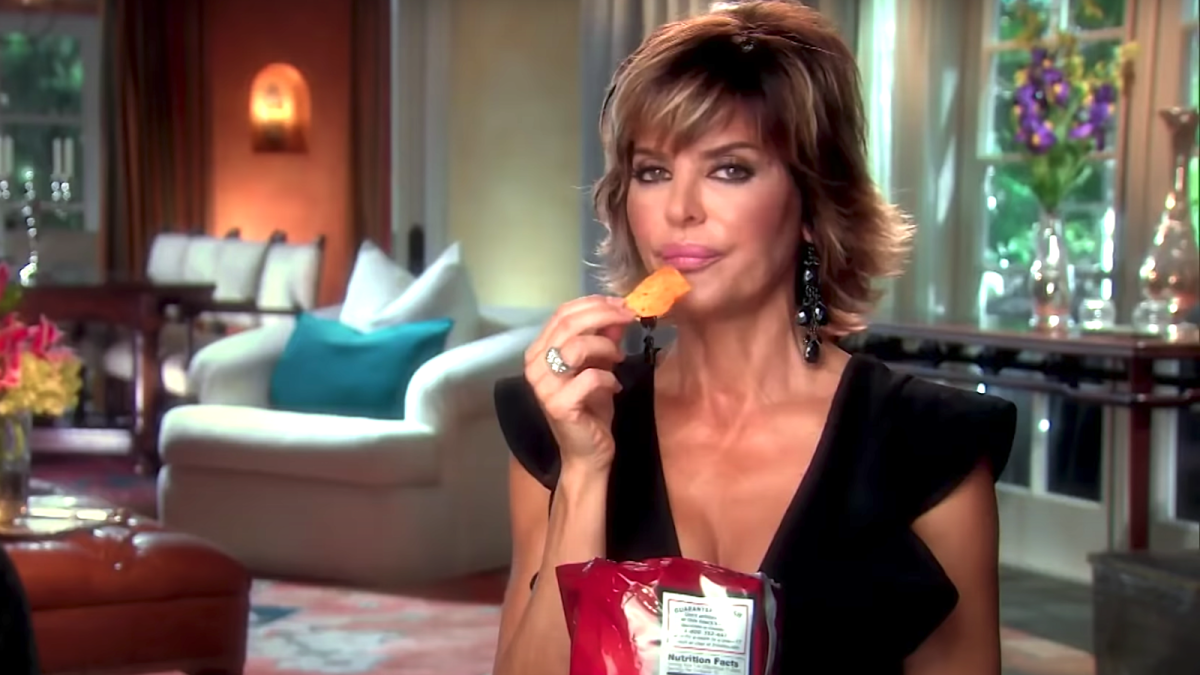
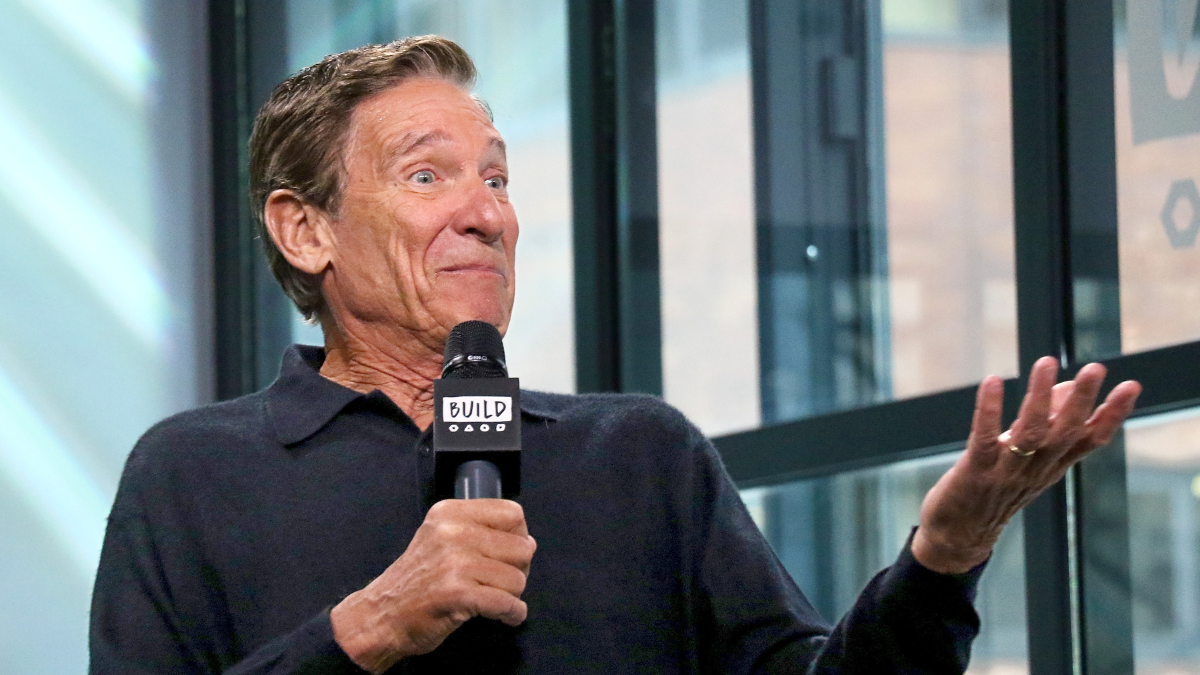
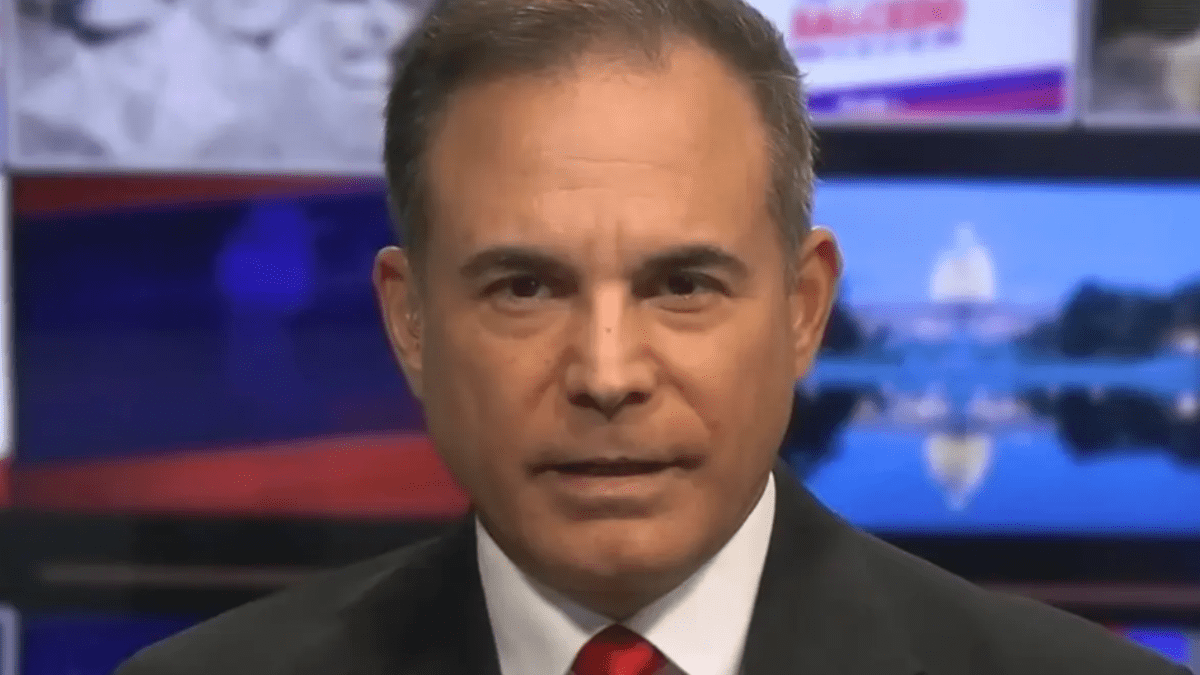
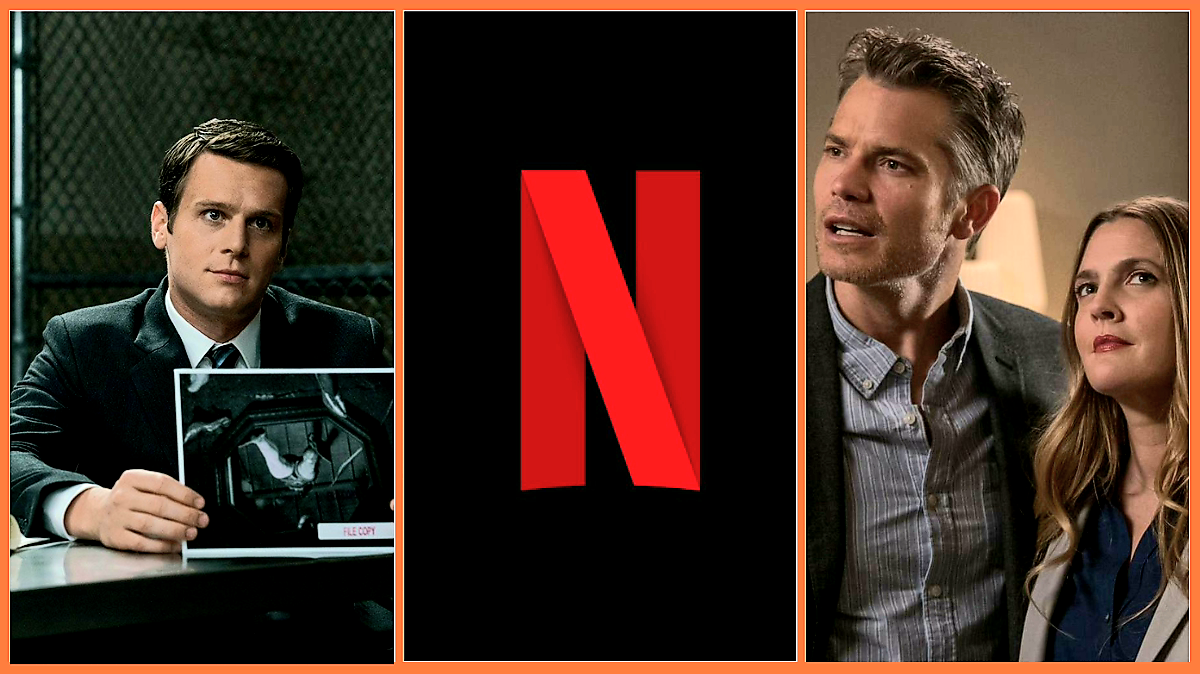
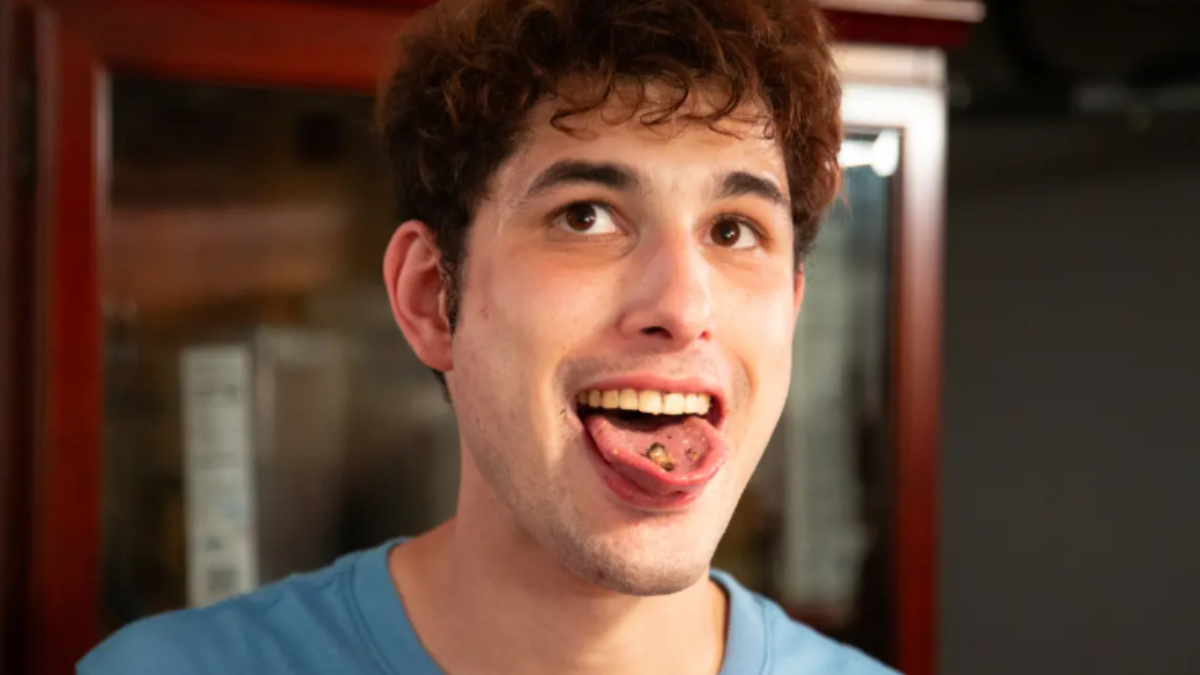
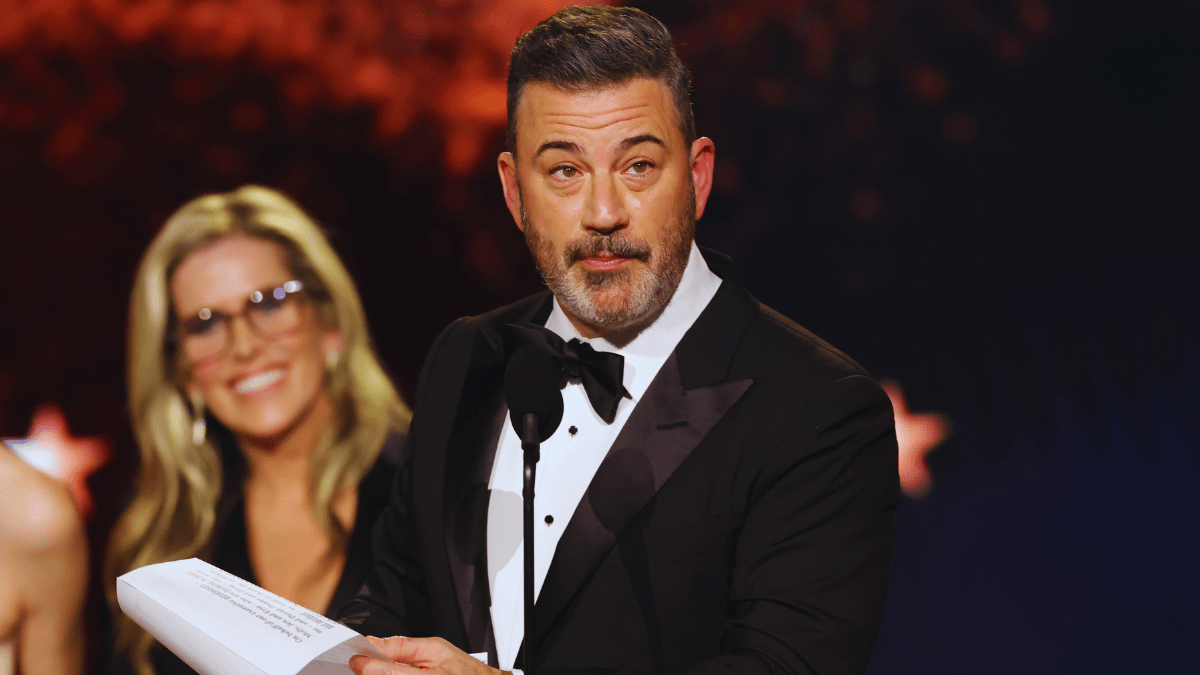
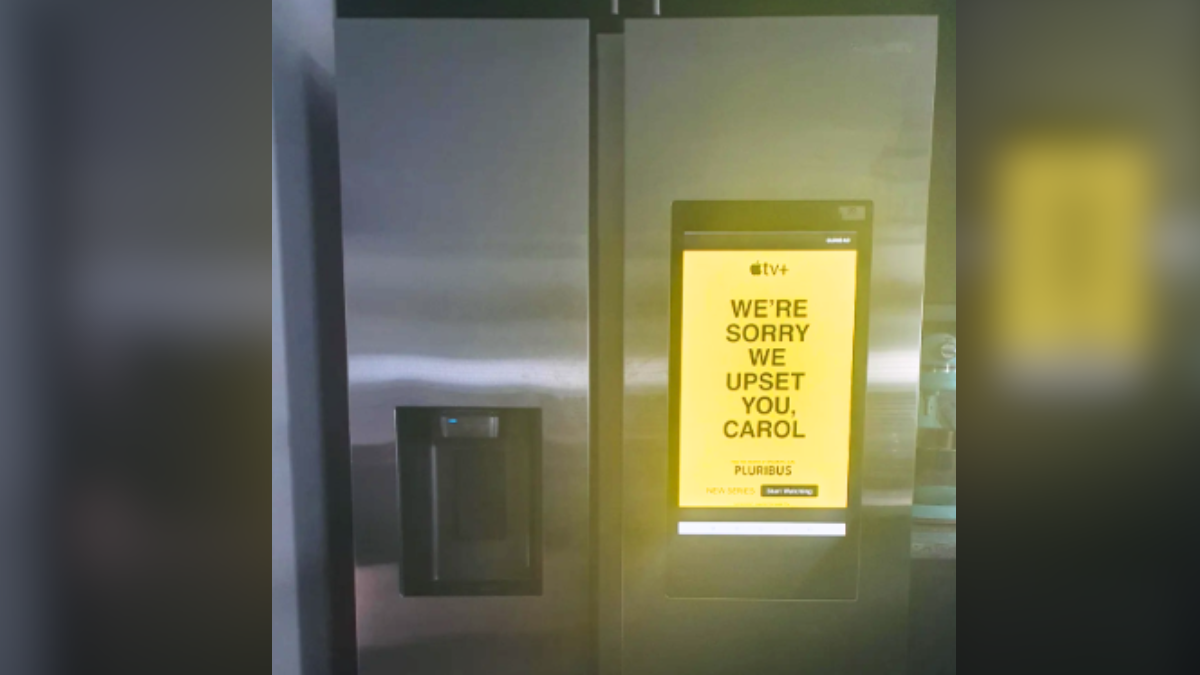


Published: Feb 4, 2022 12:23 am